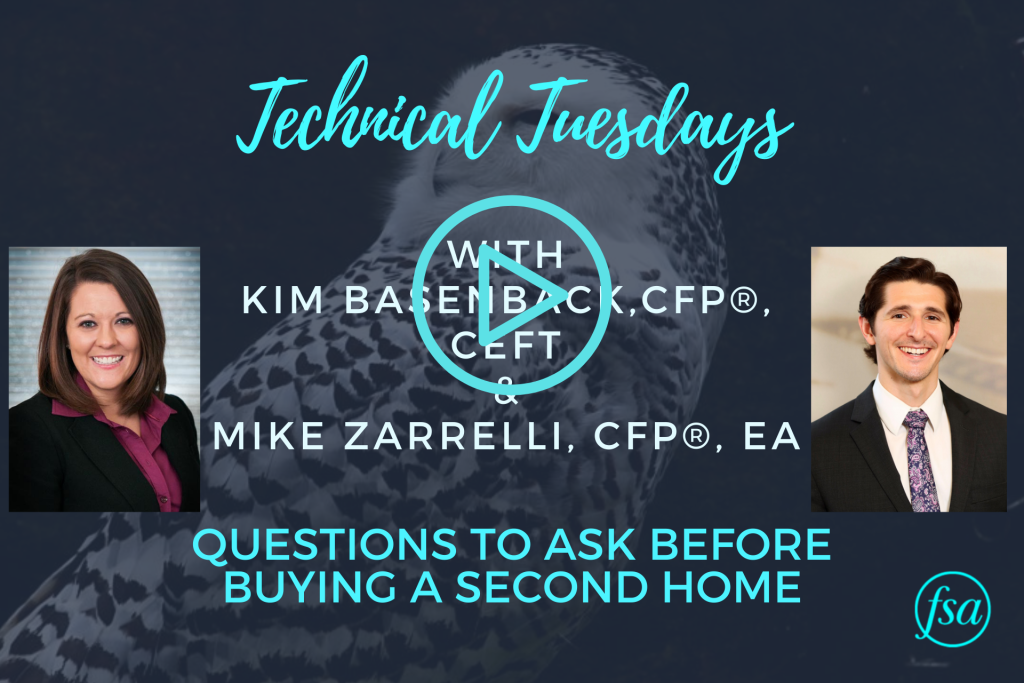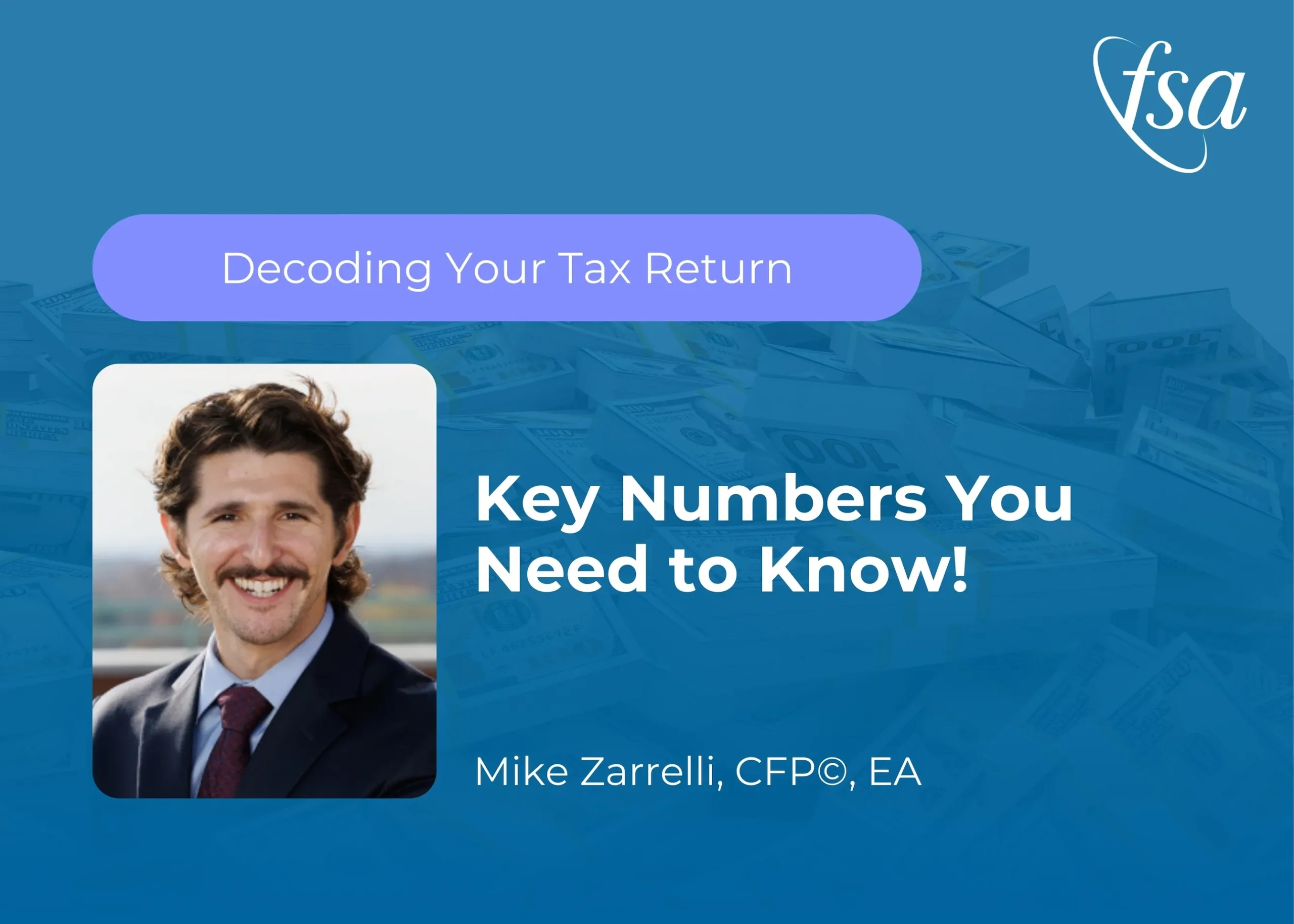In this month’s Technical Tuesdays video, Kim and Mike share questions to ask yourself when considering buying a second home.
Questions to Ask Before Buying a Second Home Transcript
Mike:
Hey everyone. Thanks for joining this month’s Technical Tuesdays. I’m Mike.
Kim:
And I’m Kim.
Mike:
Today we’re going to start with a question. Kim, what would be your dream vacation home?
Kim:
That’s a good question. I think if it didn’t matter, and it was my absolute dream, I would say a villa in Italy. But if I truly think about it more realistically, I would love to have a second home that’s near the mountains, near a body of water, so that there’s things to do year-round; play on the water, go out on a boat, maybe ski or snowboard in the winter, go hiking, that type of thing.
Mike:
Yeah, I totally get the dream versus realistic. I mean, who wouldn’t want a villa in Italy? That sounds beautiful.
I’m probably similar. My more realistic vacation home would be something at the beach, maybe Ocean City, Maryland. That would be awesome.
But the reason for the question today is that we’re going to talk about purchasing a second home. As we both know, purchasing any home is a big deal. It’s a very big financial purchase that will impact your future. So, we want to help people avoid that buyer remorse by walking through some questions you should be asking yourself before you put pen to paper for purchasing a second home.
So with that, Kim, what’s the first question you would ask yourself?
Kim:
Yeah, I’d be asking, “What’s the purpose of your second home?” Determining your purpose before making any big money decision is always a really good idea. Buying a vacation home is no exception.
Do you envision the home being a tranquil getaway for your family? Is this a home you want to retire to? Or are you hoping to make money from it, from buying and selling or from renting it out? There’s no right or wrong answer to this one, but pinpointing what you’re hoping to get out of it will help with the search, help make sure you’re truly aligned with the home you end up purchasing.
From there, Mike, what’s another question people should be asking themselves?
Mike:
Yeah, the next question I would be asking, “What are the hidden costs that I’m probably not thinking of?” We all know houses come with the taxes, insurance, and maintenance; that’s clear. But what are the hidden costs? A lot of it comes from the tax side of things.
The first one is the mortgage interest deduction. Typically, you get to deduct the mortgage interest on your home loan, especially if you itemize deductions. Second home, yes, you get the mortgage interest deduction, but there is a cap. The cap is $750,000. If your primary mortgage on your main home, plus your second vacation home mortgage, exceeds that $750,000 limit, you will not be able to deduct the full amount of interest. So you’ll lose out on some tax savings that way.
The second one is the state and local taxes, kind of the salt tax. It has a cap as well, and that cap is $10,000. And when you think about it, that’s really not hard to surpass with two properties. The real estate taxes on both of those combined can easily exceed $10,000. So again, you may be missing out on some of those tax savings you would get with just your primary home.
The last part is around the maintenance, but it’s not just the cost of fixing things up; it’s how’s it getting done. Even if you’re a DIY master, you’re going to have to go down to your vacation home not to relax but to just work on the home. And it could be a handful of weekends each year, and that is your time; that’s the cost of your time. And if you’re going to outsource the maintenance, it’s going to take time to find a trusted professional or group of professionals to get the work done and trust that it can get done well.
Those are the first three that come to mind. Kim, anything else you would add?
Kim:
Yeah, I would add one more hidden cost, which is how hard is it to get to the location that you’re looking at and how much does it cost to get there.
In my example, my dream villa in Italy, it’s a flight and not a cheap one to get there. So it might be tricky to get there as many times as I’d want to in a year. But my more realistic example, there’s a lake within three hours of here that I could more realistically get to much more frequently.
So that’s an important thing to keep in mind is how would you get there and how often would you be able to afford to get there.
Mike:
Yeah, that’s a great point.
Kim:
I think another really good question to be asking yourself is, “Is now the right time” and understanding your risks. So if you find yourself saying, “I can make this work but only if,” that’s a huge red flag when you’re contemplating such a big purchase. Owning any home comes with risks, but of course, owning two exponentially increases it.
So, if things get tight, like one spouse loses their job, the extra expenses of a second home can make you feel like you’re drowning. So, how do you combat this? One way is having a strong emergency fund, plus job stability or dual income.
For example, if you’re a household with one stable income, you may want to increase your emergency savings to 6 or 12 months of expenses. If you’re a dual-income household, you may want to increase that emergency fund from 3 months to 6 months of expenses. The higher emergency fund will give you time to figure out next steps and give you a little bit more of a runway if something happens.
Lastly, ensure that you and your spouse are on the same page with location, timing, and affordability. Financial stress is the number one reason for divorce. So making a mistake purchasing a home you can’t afford or in an area that isn’t what you expected can be really devastating to a marriage. So be patient. We strongly suggest that you rent in the area a handful of times, get a feel for the area, make sure you’re really going to buy where you want to be, and double and triple check your numbers. You won’t regret doing the homework.
Mike:
Yeah, totally agree with those, such great points.
To wrap things up, you and I talked about this before, experiences. We believe experiences are one thing that you can spend money on that will make you richer in life. And a second home can absolutely be one of those experiences.
So, as you say, Kim, double-checking the numbers, making sure you understand the reason that you want to purchase a second home, doing the homework ahead of time, that just is a great recipe for success to make it a wonderful experience for you and your family.
So that wraps up this video. As financial advisors, this is actually something we cover often and illustrate the impact of buying a second home. So if that’s something that you’re looking into, we’re happy to help.
Otherwise, like, follow, and comment on any other topics you’d like to see in future videos, and we’ll see you in the next one. Thanks.
Kim:
Thanks.
FSA’s current written Disclosure Brochure and Privacy Notice discussing our current advisory services and fees is available at www.fsawealthpartners.com/disclosures or by calling 301-949-7300.




